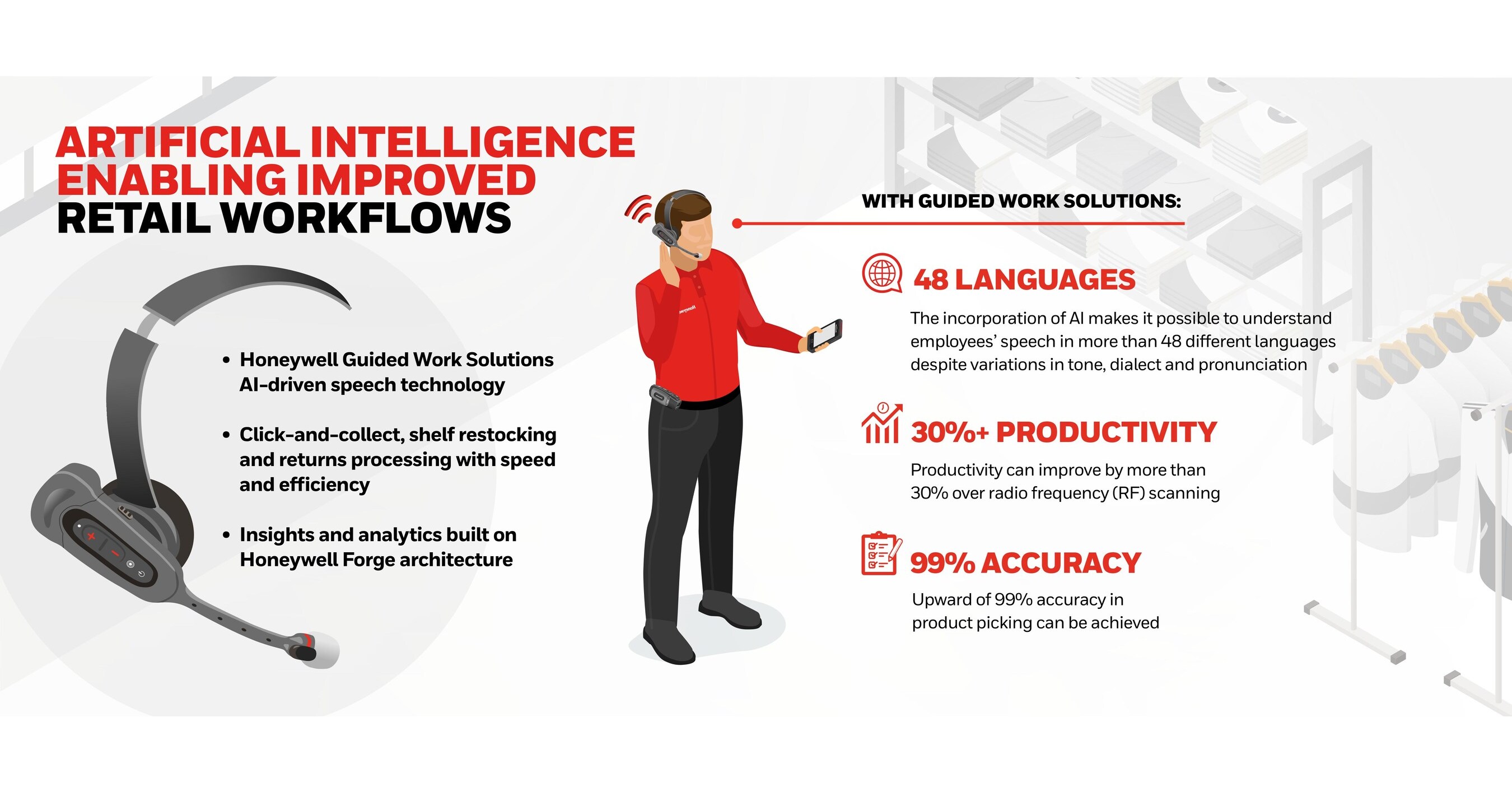Scarlett Johansson attends the 76th yearly Cannes Film Competition – Press convention for the movie Asteroid Town in Cannes, France, on May possibly 24, 2023.Yara Nardi/Reuters
Gus Carlson is a U.S.-centered columnist for The World and Mail.
A sure signal that a situation is past hope – or just about so – is when governing administration involvement appears like a great notion.
Which is doubly correct for anything getting to do with technologies, and possibly 10-periods more true when it comes to artificial intelligence.
Nonetheless that is where by a increasing forged of Hollywood entertainers whose voices and likenesses have been replicated without the need of authorization by AI finds by itself. Amongst them is the actor Scarlett Johansson, who has sued OpenAI for producing a voice assistant that seems like her in the 2013 movie, Her, as nicely as the singers Drake, The Weeknd and Lainey Wilson.
Several stars are pinning their hopes on a bipartisan proposal the U.S. Congress will take into consideration in June that would stop folks or organizations from employing AI to produce unauthorized electronic replicas of their likenesses and voices. It is known as the Nurture Originals, Foster Art, and Preserve Enjoyment Risk-free – or No Fakes – Act, a clunky deal with clearly coined by bureaucrats, not creatives. AI most likely could have finished superior.
For the non-techie this is not a case of an impersonator mimicking voices or a tribute band covering an artist’s hits. These are pc-generated slices of true folks remanufactured and remixed into cloned performances. Apart from currently being massively creepy, the observe generally constitutes id theft, trademark infringement and dirty organization.
Regrettably, there is likely minimal lawmakers or the courts can do about it in any substantial way. Here’s why:
The analyzing professional aspect will be purchaser desire, and far more and much more buyers simply really don’t treatment. Significantly all those raised in the electronic entire world don’t make the distinction in between human-produced inventive material and that produced digitally as prolonged as their need to have for instantaneous gratification is pleased. If they can get their Netflix collection more quickly and with no long gaps concerning seasons, it doesn’t matter if new episodes are created by AI or actual folks.
As prolonged as that insatiable and non-discriminating demand for item drives the current market, organizations will quickly weigh the possibility-reward of bootlegging creative content and, much more typically than not, acquire the hazard.
That’s the subtext of Ms. Johansson’s lawsuit: The profit motive has created the purveyors of AI brazen to the level in which they won’t consider no for an respond to. She alleges OpenAI tried to employ the service of her to voice an AI assistant for its ChatGPT platform and, when she refused, moved ahead with the task in any case working with a digitally mastered seem-alike voice.
The lawsuit has broader implications, exposing OpenAI’s co-founder and CEO, Sam Altman, as component of the AI problem the creative environment fears, not the remedy.
Beyond the dust-up with Ms. Johansson, OpenAI has not distinguished by itself as a trusted white knight in handling the rapid evolution of AI – or itself.
Its management has been a dog’s breakfast. In a superior-profile determination-producing whipsaw final November, the OpenAI board quickly dismissed Mr. Altman and then reinstated him only days later. It was strange behaviour for a business that considers alone to be a beacon of rationale and security in the quick-rising environment of AI and did not instill self-assurance in the marketplace that the organization could safeguard by itself, enable by itself human creativeness.
And then there’s the authorities ingredient. If you have at any time found coverage of the U.S. congressional hearings on tech issues you have some thought of the deep abyss of comprehension amongst lawmakers about the most essential aspects of the electronic entire world, together with the net and social media.
Creatives hoping the No Fakes Act will be a silver bullet ought to view reruns of committee hearings at which Meta’s Mark Zuckerberg and other tech bigwigs testified. Congress’s amount of knowledge is so significantly down below zero that if you think users can generate worthwhile regulation on something as speedy-going and multifaceted as AI, properly, I have a a little utilized Atanasoff-Berry procedure you can buy on the affordable.
There was a glimpse of the growing influence of AI in leisure throughout the Hollywood writers’ strike very last year, when the union and studios tussled about which includes language in the new contract that restricted the use of AI in the producing and making of movies and television shows.
The studios sooner or later agreed to offer some security, but the arrangement almost certainly will not hold if filling the insatiable pipeline of content material can be performed extra expense-effectively using shortcuts these kinds of as AI than using actual individuals.
It may not be time for entertainers to pray to St. Jude yet, but on the checklist of lost leads to, regulating AI in any thorough way and safeguarding their creative intellectual home is in close proximity to the leading.
As lengthy as all those who are acquiring the merchandise really do not treatment and fakery can feed the masses profitably, any makes an attempt to control will slide brief. And that, regrettably, is showbiz in the digital age.




